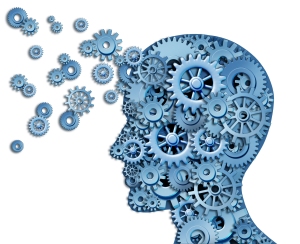It is hard to watch someone you love struggle. It is especially hard to watch someone you love struggle with something that many others find easy. A learning disability is something that will last a life time, however, with the right interventions and assistance it does not have to be debilitating.
So what is a learning disability? A learning disability is a classification that covers severe learning problems. These include: Dyslexia, Dyscalculia, and Dysgraphia.
It is difficult to produce the exact number of cases of those with learning disabilities as some cases go undiagnosed for several years. An undiagnosed learning disability can present in more than one way. It can include:
· Being unable to adequately participate in class
· Being unable to adequately complete assignments
· Frustration with reading and/or writing
· Difficulties completing specific tasks
· Inadequate development of language, speech, and other academic skills
It is important that these are not always tell-tale signs that a learning disability is present. It is important that a correct diagnosis is made by a professional. It is also important to keep in mind that no two cases are the same. So how it presents in your loved one may be completely different from another person.
Those who struggle with a learning disability often times also struggle with another co-occurring disorder. These disorders include (but are not limited to) ADHD, anxiety, as well as depression. It is important that your loved one also receives treatment and support for these disorders as well.
So what can we do? Well, often times there is support for those who are struggling with a learning disability. Checking in with your child’s school may be a good place to start. It could give you a better idea of what kind of resources their school has and what kind of resources you will have to seek out on your own.
There are so many different things that you can do as a parent to help your child succeed. Keeping them goal-focused is so important. Making sure that they know they are loved and supported will allow them to feel confident and thrive. Educating them about their learning disability and helping them accept it is an important step in the right direction. And making sure that they are prepared with the right tools to cope emotionally with their learning disability in a healthy way is essential to molding a successful young person.
Many parents and educators struggle with the stigma that is attached to a learning disability. Keep in mind that the attitude you model will affect how the young minds around you model their attitude. Positivity and acceptance are the keys to learning and living with a learning disability.

